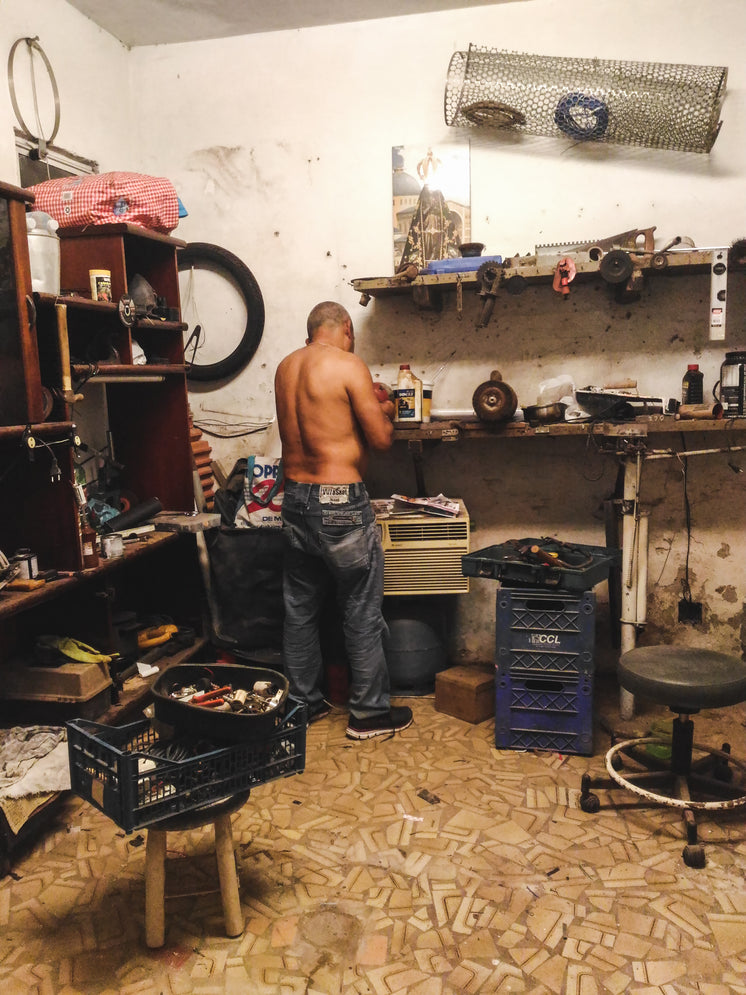In the scorching heat of Las Vegas, where temperatures can soar into the triple digits, having a functional HVAC (Heating, Ventilation, and Air Conditioning) system is not just a luxury but a necessity. This exhaustive guide covers everything you need to know about HVAC repair in Las Vegas, offering insights into maintaining your system effectively to endure the harsh desert climate while also exploring the intricacies of troubleshooting common issues.
1. The Importance of HVAC Systems in Las Vegas

Las Vegas experiences extreme weather conditions, with summer temperatures frequently
exceeding 100 degrees Fahrenheit. In such conditions, HVAC systems do more than just provide comfort; they ensure safety by preventing heat-related illnesses. The desert climate also means cold nights during the winter, placing equal importance on heating. As such, a well-maintained HVAC system is crucial.
2. Common Types of HVAC Systems in Las Vegas
Before diving into repairs, it's essential to understand the various types of HVAC systems commonly found in Las Vegas homes:
- Central Air Conditioners: These are typically split systems with one component outside (compressor/condenser) and the other inside (evaporator) the home.
- Heat Pumps: These function similar to air conditioners but can also provide heating by reversing the flow of refrigerant during colder months.
- Ductless Mini-Splits: Ideal for homes without ductwork, these systems provide direct air conditioning and heating to specific areas or rooms.
- Furnaces: Powered by gas or electricity, furnaces are crucial for providing heat during the brief but chilly Las Vegas winters.
3. Preventative Maintenance
Regular maintenance is the backbone of HVAC longevity, particularly in an environment as demanding as Las Vegas. Here’s a breakdown of essential preventative steps:
- Regular Filter Changes: In dusty desert environments, filters can get clogged more frequently. Changing your HVAC filters every 1-3 months during high-use seasons is recommended.
- Annual Inspections: Professional inspections can catch issues like refrigerant leaks or electrical problems before they escalate into costlier repairs.
- Cleaning Components: Ensuring that both internal and external components of the HVAC system are free of debris and dust can prevent efficiency losses and potential breakages.
4. Signs You Need HVAC Repair
Recognizing the signs of a failing HVAC system can save you from discomfort and high repair costs. Key indicators include:
- Inefficiency in Cooling or Heating: If your HVAC system takes longer to cool or heat your home or is running constantly, it may need repair.
- Strange Noises or Odors: Unusual sounds or smells emanating from the HVAC system could indicate mechanical issues or burnt components.
- Increased Energy Bills: A sudden spike in your energy bills usually suggests that the HVAC system is operating inefficiently.
5. DIY HVAC Repairs Versus Professional Services
While some minor issues, like replacing filters or cleaning external units, can be safely handled by homeowners, many aspects of
HVAC repair Las Vegas repair require professional expertise. Refrigerant handling, electrical repairs, and major mechanical failures should be addressed by licensed professionals to ensure safety and efficiency.
6. Choosing an HVAC Repair Service in Las Vegas
When selecting an HVAC repair service in Las Vegas, consider the following:
- Certifications and Licensing: Ensure that the technician is certified and licensed to work in Nevada. NATE (North American Technician Excellence) certification is a reliable indicator of proficiency.
- Experience with Local Climate: Experience in handling HVAC issues in desert climates can be a significant advantage.
- Reviews and Testimonials: Read reviews and ask for testimonials to gauge the reliability and quality of service.
7. Cost Considerations
The cost of HVAC repair in Las Vegas can vary widely based on the nature of the problem and the type of system. Here’s what you can expect:
- Service Call Fee: This basic fee covers the technician's visit and initial diagnosis.
- Hourly Rates or Fixed Prices: Some services charge by the hour, while others may offer a flat rate for common repairs.
- Parts and Components: Replacement parts can vary in price, with major components like compressors being more expensive.
8. Energy-Efficient Upgrades
Consider investing in energy-efficient upgrades. Modern HVAC systems, particularly those with high SEER (Seasonal Energy Efficiency Ratio) ratings, can significantly reduce energy consumption and lower bills:
- Smart Thermostats: These allow for better control of your heating and cooling, adapting to your habits and preferences.
- Solar Enhancements: Las Vegas's abundant sunshine makes it ideal for solar-powered HVAC systems or hybrid models.
9. Understanding the Latest Technologies
Staying informed about the latest HVAC technologies can offer long-term benefits. Innovations like variable-speed compressors or Wi-Fi-enabled diagnostic tools are enhancing the efficiency and effectiveness of HVAC systems.
10. Preparing for Las Vegas’s Extreme Weather
Finally, preparing your HVAC system to handle extreme weather involves:
- Robust Insulation: Ensure your home is well insulated to keep the conditioned air inside.
- Regular System Checks Before Season Changes: Tune-ups before summer and winter ensure your system is ready for extreme temperatures.
Conclusion
Maintaining an HVAC system in Las Vegas’s challenging climate requires knowledge, diligence, and sometimes the help of professionals. By understanding the types of systems, recognizing signs of trouble, and investing in regular maintenance, you can ensure that your HVAC system remains efficient and effective year-round. Remember, the comfort of your home and the safety of its occupants may depend heavily on the functionality of your HVAC system, making it a crucial aspect of home maintenance in Las Vegas.